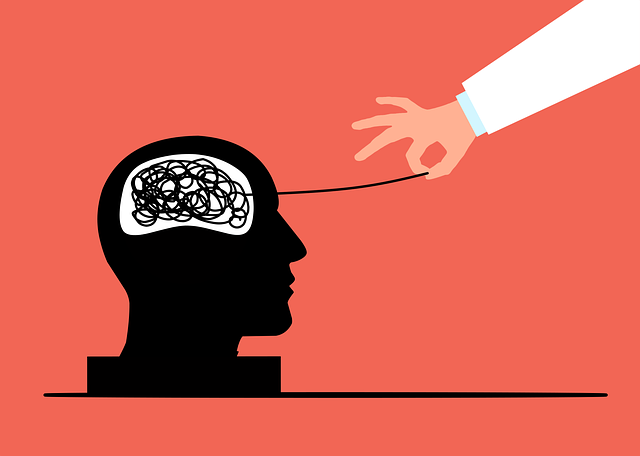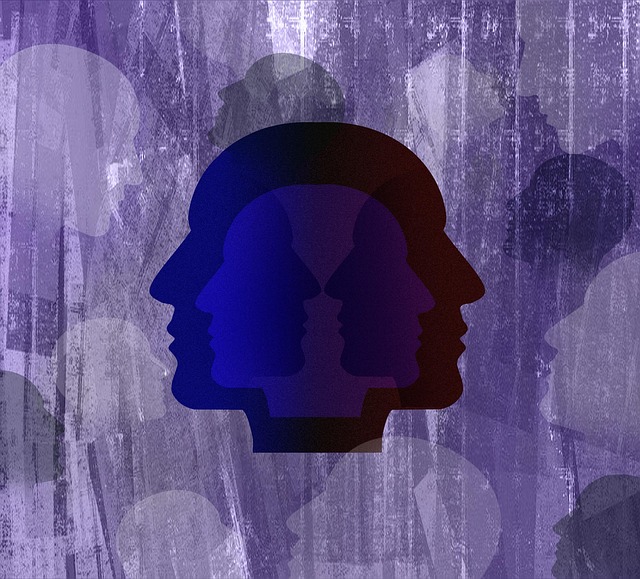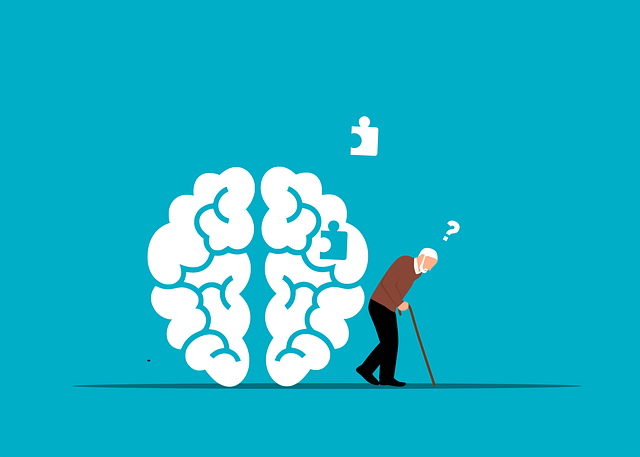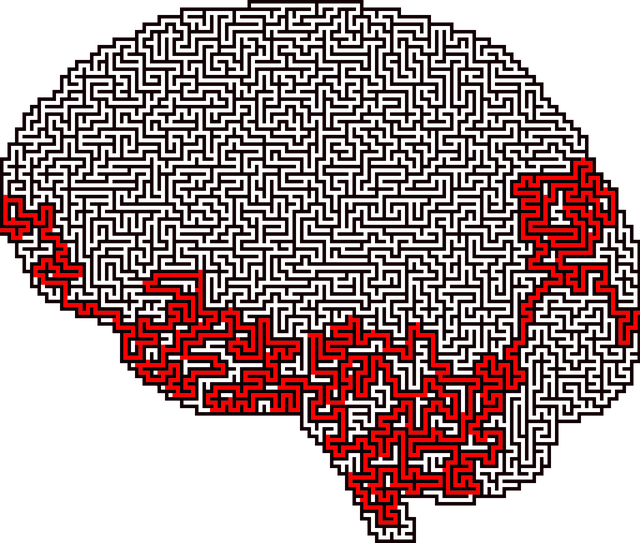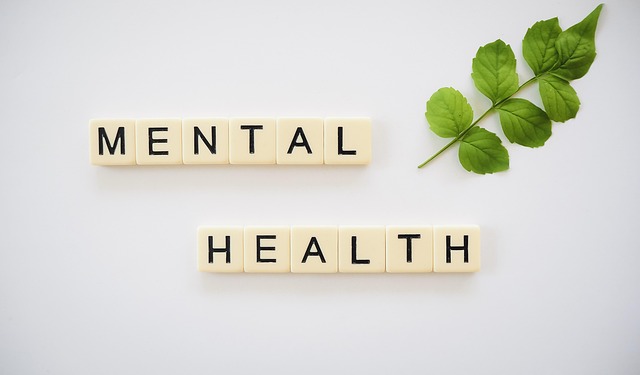In today's diverse healthcare landscape, cultural competency is essential for providers offering Aurora Couples Communication Issues Therapy. Understanding patient backgrounds enhances communication, builds trust, and improves health outcomes by avoiding unconscious biases and stereotypes that can lead to biased treatment. Effective communication techniques, including active listening and emotional support, empower patients to cope with challenges linked to their cultural identities, fostering open dialogue and improving healthcare outcomes. Specialized training, like Aurora Couples Communication Issues Therapy programs, boosts therapists' confidence in handling diverse clients, addresses cultural barriers, and integrates burnout prevention strategies for provider well-being.
In today’s diverse healthcare landscape, cultural competency is no longer an option but a necessity. This comprehensive guide explores the critical role of cultural competency training for healthcare providers, focusing on improving patient care and outcomes. We delve into the profound impact of biases and stereotypes, offering practical communication strategies to foster empathy and understanding. Through real-world case studies, we highlight successful programs that have revolutionized therapy, particularly in Aurora, emphasizing the importance of addressing couples’ communication issues within a cultural context.
- Understanding Cultural Competency in Healthcare: A Necessary Approach
- The Impact of Bias and Stereotypes on Patient Care
- Effective Communication Strategies for Healthcare Providers
- Building Empathy: Connecting with Diverse Patients
- Case Studies: Successful Cultural Competency Training Programs
Understanding Cultural Competency in Healthcare: A Necessary Approach

In today’s diverse healthcare landscape, cultural competency is no longer a nice-to-have but an essential requirement for healthcare providers. It involves understanding and respecting the unique cultural backgrounds, beliefs, and values of patients, which in turn enhances communication, trust, and ultimately improves health outcomes. For instance, an Aurora couples communication issues therapy program must be sensitive to the different ways individuals express emotions across cultures, ensuring both partners feel heard and understood.
This approach is crucial not just for individual practices but also for implementing community outreach programs that cater to diverse populations. By integrating cultural competency training, healthcare providers can address mental health awareness more effectively, foster better social skills training, and create a welcoming environment that encourages open dialogue about sensitive topics. This, in turn, can lead to improved patient satisfaction and adherence to treatment plans.
The Impact of Bias and Stereotypes on Patient Care

Unconscious biases and stereotypes can significantly impact patient care, leading to miscommunications and misunderstandings between healthcare providers and their patients, especially in diverse communities like Aurora. When therapists or counselors carry personal prejudices, they may unintentionally project these onto their clients, hindering effective therapy sessions. For instance, cultural differences in expressing emotions or seeking help can be misinterpreted as communication issues within the therapeutic relationship.
Stereotypes about specific demographics, such as racial or ethnic groups, can result in biased treatment plans and assumptions about a patient’s lifestyle or health practices. This may manifest in various ways, from overlooking potential symptoms of stress management issues to making assumptions about a patient’s adherence to medical advice based on stereotypes. Enhancing public awareness campaigns and implementing targeted communication strategies that foster understanding are crucial steps towards mitigating these effects, ensuring every individual receives culturally competent care tailored to their unique needs.
Effective Communication Strategies for Healthcare Providers

Effective communication is a cornerstone of quality healthcare, especially when addressing sensitive Aurora couples communication issues therapy scenarios. Healthcare providers must master various techniques to ensure they understand patients’ concerns and convey information clearly. This involves active listening, where professionals give their full attention, acknowledge patient feelings, and provide verbal or non-verbal cues to show comprehension.
Incorporating Emotional Well-being Promotion Techniques, such as validating a patient’s emotions and offering support, can significantly enhance the therapeutic process. By fostering an environment of trust and understanding, providers facilitate open dialogue. Moreover, encouraging positive thinking and mood management strategies through conversation can empower patients to cope with challenges more effectively, ultimately improving their overall healthcare experience and outcomes.
Building Empathy: Connecting with Diverse Patients

In today’s diverse healthcare landscape, building empathy is a cornerstone of effective patient care, especially when treating individuals from various cultural backgrounds. Cultural competency training equips healthcare providers with the skills to navigate Aurora couples communication issues and understand the unique challenges patients face due to cultural differences. By fostering cultural sensitivity in mental healthcare practice, therapists can create an environment where patients feel seen, heard, and respected. This is crucial for addressing not just physical symptoms but also the complex web of mental health policy analysis and advocacy that influences a patient’s well-being.
Through active listening and open communication, therapists can develop coping skills with their patients, enabling them to manage stress and challenges related to cultural identity. This empathetic approach transcends language barriers and fosters trust, encouraging patients to share their stories openly. Whether it’s understanding family dynamics in diverse communities or recognizing the impact of systemic issues on mental health, cultural competency training empowers professionals like those at Aurora to offer holistic care tailored to each patient’s unique needs and background.
Case Studies: Successful Cultural Competency Training Programs

Successful Cultural Competency Training Programs have shown significant impact in improving healthcare delivery and enhancing patient outcomes. One notable example is the Aurora Couples Communication Issues Therapy program, which focuses on addressing cultural barriers in couples therapy. By incorporating sensitive discussions around racial, ethnic, and gender identities, this program has boosted therapists’ confidence in handling diverse client populations, leading to more effective and inclusive treatment.
The integration of burnout prevention strategies for healthcare providers is another crucial aspect these programs emphasize. Through interactive workshops and small group discussions, participants learn burnout prevention techniques tailored to their specific roles. This not only improves job satisfaction but also enables professionals to better manage stress and maintain a healthy work-life balance. The overall effect is a more confident and resilient workforce ready to navigate the complex landscape of cultural competency in healthcare.
Cultural competency training is a game-changer in healthcare, especially for providers interacting with diverse patient populations. By addressing biases and stereotypes, implementing effective communication strategies, and fostering empathy, healthcare professionals can significantly improve patient care and outcomes. As seen in successful programs like Aurora’s approach to couples therapy, focusing on cultural competency not only enhances the patient-provider relationship but also promotes understanding and respect across various communities. This holistic training ensures that every individual receives quality, culturally sensitive care tailored to their unique needs.






